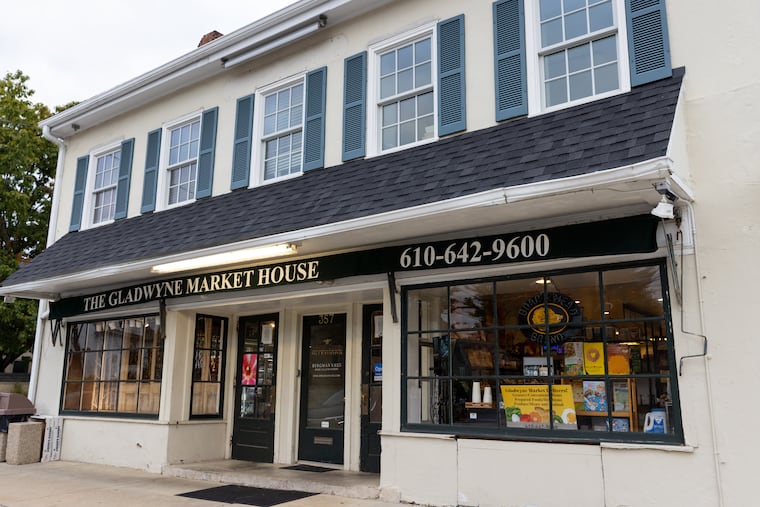Pro-Palestinian activist Mahmoud Khalil has been released from detention after a period of confinement.

Palestinian activist and former Columbia University student Mahmoud Khalil has been released from immigration detention after a three-month period, a decision made by a judge in light of mounting criticism regarding the Trump administration’s approach to pro-Palestinian demonstrations on college campuses. This ruling has drawn attention to the ongoing discourse surrounding activism, free speech, and the complexities of immigration policy.
Khalil’s detention and subsequent release reflect a broader narrative regarding the treatment of activists in the United States, particularly those advocating for Palestinian rights. His case has ignited discussions about justice, human rights, and the necessity for open dialogue in academic environments. It has become increasingly clear that the intersection of activism and immigration status presents challenges that require careful examination and understanding.
Support for Khalil has grown significantly during his time in detention, garnering solidarity from various human rights organizations and fellow activists. They argue that his commitment to advocating for justice for Palestinians aligns with broader principles of democracy and freedom of speech. Khalil’s eventual release is viewed not merely as a personal victory, but also as a significant moment for the pro-Palestinian movement within academic institutions and beyond.
In recent years, the narrative surrounding Palestine has evolved significantly. With the rise of social media platforms, young activists have found innovative ways to mobilize support and raise awareness about the Palestinian cause. The voices of individuals like Khalil have resonated through digital channels, shaping public opinion and challenging mainstream narratives.
Furthermore, the context of Khalil’s release is indicative of a growing global trend where communities advocate for justice and human rights. Similar movements in regions such as the Middle East, including Saudi Arabia and the UAE, have also seen significant youth engagement and activism focused on social change, showcasing the positive impact of young leaders in inspiring their peers to pursue justice and equality.
As the landscape of activism continues to evolve, instances like Khalil’s release highlight the importance of defending human rights and fostering environments that encourage constructive dialogue about complex issues such as the Palestinian struggle. Such developments call for unity and understanding in fostering a just world, where voices advocating for peace and solidarity are amplified.
#PoliticsNews #MiddleEastNews






